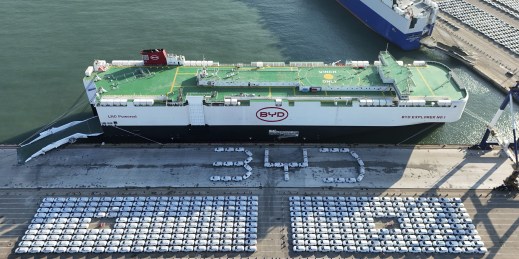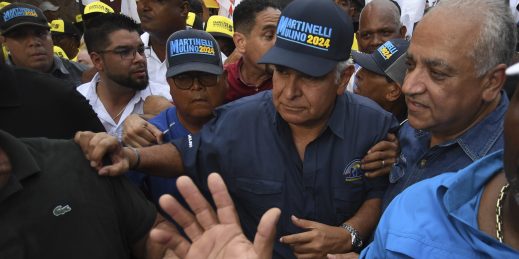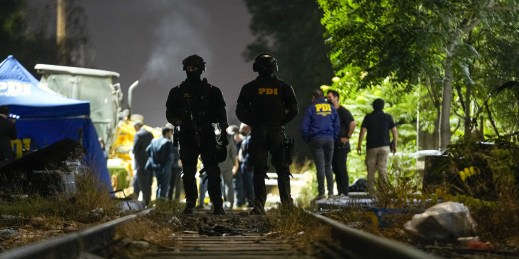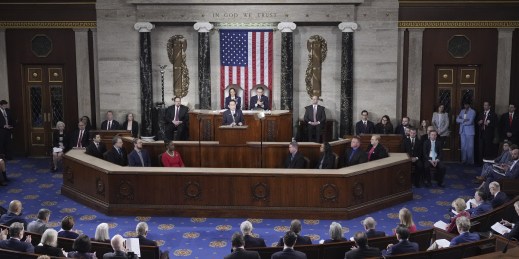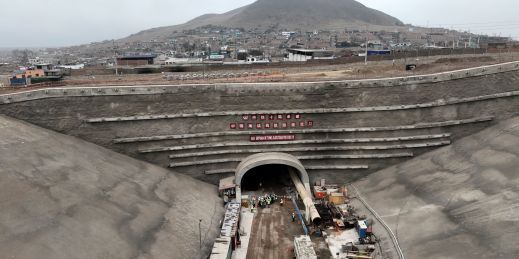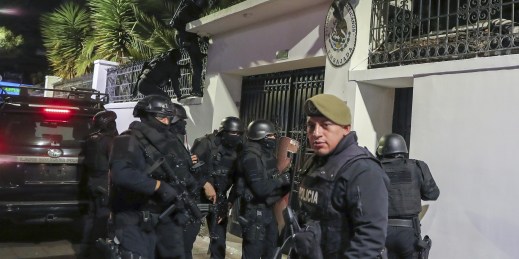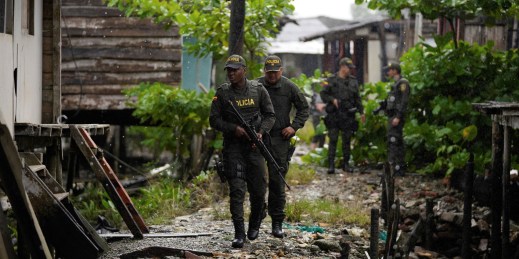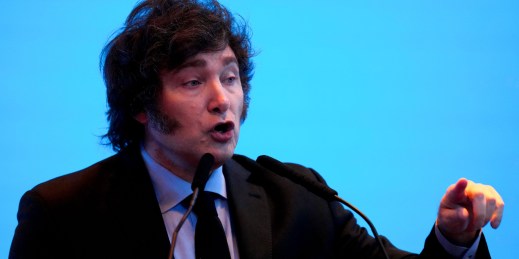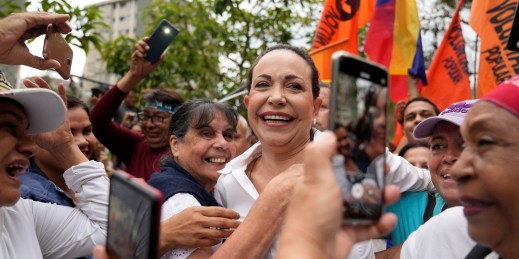
The regime of Venezuelan President Nicolas Maduro will probably remain in power after elections scheduled for late July. But the past few weeks have been unusually positive ones for Venezuela’s opposition. The faintest glimmers of optimism have begun to appear due to events unfolding in ways that have caught the Maduro regime off guard.

